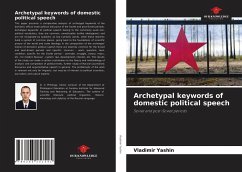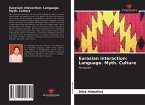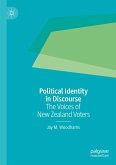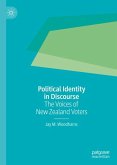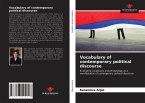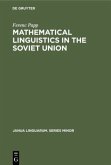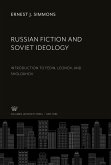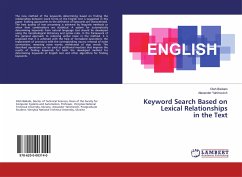This paper presents a comparative analysis of archetypal keywords of the domestic official state political discourse of the Soviet and post-Soviet periods. Archetypal keywords of political speech belong to the commonly used non-political vocabulary, they are common, unnoticeable (unlike ideologems) and are not recognized by speakers as key symbolic words, while these lexemes build a system of common places, going back to the foundations of scientific picture of the world and state ideology. In the composition of the archetypal lexicon of domestic political speech there are lexemes common for the Soviet and post-Soviet periods and specific: common - work, question, task, condition; specific for the Soviet period - comrade, struggle, victory, mass, etc., for modern Russian - system, law, development, interest, etc. The results of the study can make a certain contribution to the theory and methodology of analysis and compilation of political texts, further study of Russian journalistic discourse and argumentative speech in general. The problematic of the work is relevant not only for linguists, but may be of interest to political scientists, journalists and culture experts.
Bitte wählen Sie Ihr Anliegen aus.
Rechnungen
Retourenschein anfordern
Bestellstatus
Storno

